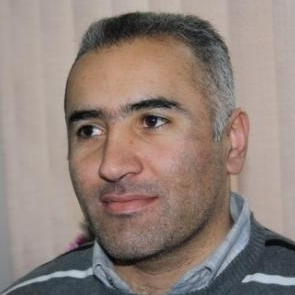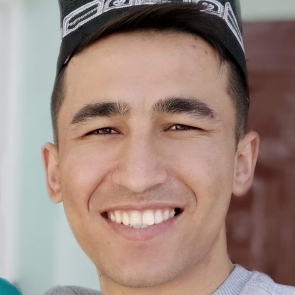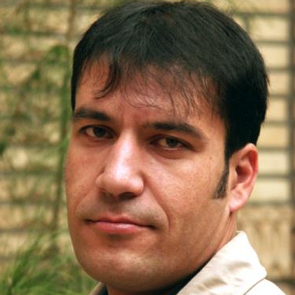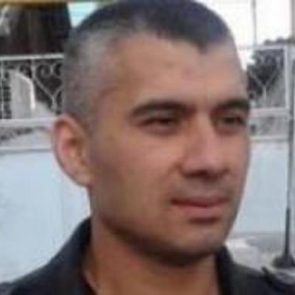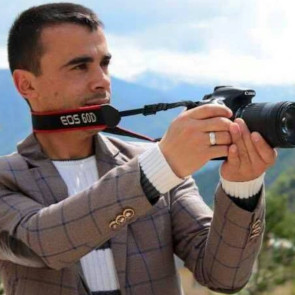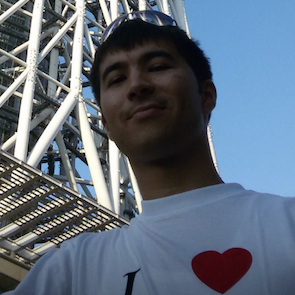#Tajikistan
#Tajikistan
Human rights defenders in Tajikistan work in conditions of long-term unchanged political power and absence of political pluralism. In 2015 the Islamic party of Tajikistan was banned as a terrorist organisation and 20 of its members were arrested. The same year three human rights lawyers who tried to provide legal assistance to the arrested members of the party were arrested on the trumped-up charges of fraud, that had been used previously on many occasions to silence the lawyers and human rights defenders working on sensitive cases.
Human rights lawyers in Tajikistan always have to be conscious of their activities, as they receive threats against them and their families. Many members of human rights organizations, being in fear of their lives and health due to widespread use of torture in the country, prefer not to speak up openly about the violations taking place around them. The government puts further pressure on human rights NGOs through slander campaigns in mass media, intimidation on social media web-pages, unregulated administrative check-ups and “private talks” with security officers. In 2013 at the request of Ministry of Justice, the court decided to shut down an active NGO Amparo, after public speech of its representative about torture in army and impunity of perpetrators. Many other human rights defenders who have spoken out against torture in army and prisons and called on the Ministry of Interior Affairs and Ministry of Defence to take action have also faced various repressive measures from the government.
In August 2015 the widely criticised Public Associations Act that requires human rights NGOs to notify the Ministry of Justice about financial resources received from abroad entered into force. However, until now no instructions have been adopted detailing the practical application of the law. Many human rights organisations in Tajikistan are, therefore, keep working under conditions of absolute uncertainty.



